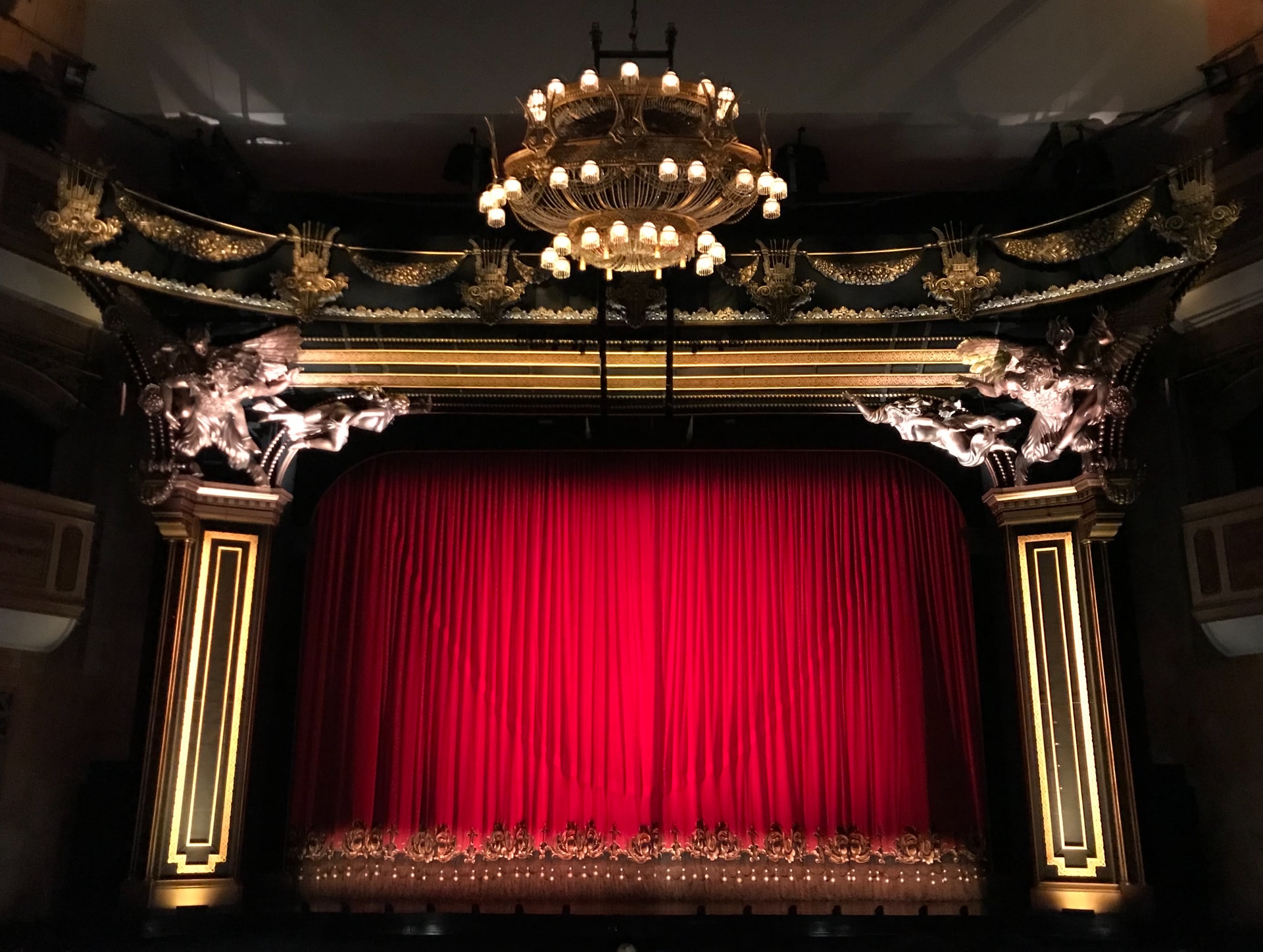
Theater is perhaps the richest type of human creative activity, in which different types of art have merged harmoniously. The emergence of theater was connected with the general flourishing of spiritual and cultural life of people. How was the theater born? Look for the answers in our material.
Ancient theater gets its start from masquerades and processions in honor of the god Dionysus. Initially, he was worshipped as the god of the harvest, but over time, when the ancient Greeks began to grow grapes, he became the god of the vine, and finally of poetry and theater. Dionysia were held several times a year. They were accompanied by songs in honor of Dionysus called dithyrambs. The formal part of the festive celebrations gave rise to tragedy, and its cheerful and humorous continuation became the prototype for comedy.
The translation of the words “tragedy” and “comedy” from Greek into Polish tells us something about their origins. The word “tragedy” literally means “song of the goats,” because Dionysus was accompanied by goat-legged creatures praising the god’s exploits and torments. The word “comedy,” on the other hand, means “the song of a boisterous procession.”
Ancient Greek theatrical art is believed to have originated from myths, which were meant to provide people with answers to their questions about the nature of the world around them. As Greek tragedy developed, plays began to draw inspiration not only from stories about the life of Dionysus, but also from other gods and heroes: Heracles, Theseus, and others
By the second half of the sixth century BC, Greek tragedy was already quite developed, as it drew inspiration not only from myths, but also from the rich legacy of epic and lyric poetry. The tragedian Thespis, who lived at that time, made a revolution: he singled out one actor from the chorus, calling him the “answerer”. In this way, he laid the foundations for the development of Greek theater. The year 534 BC is considered to be the conventional date of its creation. It was then that the first play by Thespis was staged
The first tragic works were mostly lyrical cantatas, with songs by the chorus and the actor interspersed. Most of these early plays have not survived to our time. Comedies and tragedies were woven with both religious and secular themes. With time, the latter began to dominate until they filled the content of the plays. However, the plays were still dedicated to Dionysus.
During the festive processions, in addition to songs, small comic scenes taken from everyday life began to be performed, for example the theft of food and wine by thieves or a dialogue between a doctor and a sick person. At the same time, elements of social and political satire began to be added to comedy. Actors addressed the political system, the activities of selected democratic institutions of Athens, its foreign policy, the way it conducted wars, etc.
mAIN PHOTO: Gwen King/unsplash.com